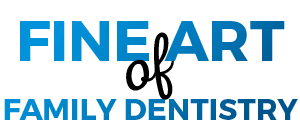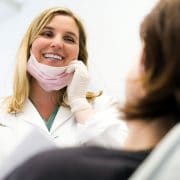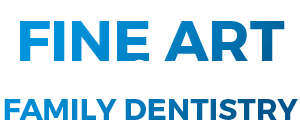4 Things You Might Be Doing Wrong When Brushing Teeth
Tooth brushing is an art. If you’re not doing it correctly, you could be doing damage to your teeth. When you come visit your dentist in Salina, KS, we’ll teach you how to brush your teeth and give you reminders about tooth brushing best practices, which can make the experience overall more productive and better for your teeth.
1. Brushing Too Hard
Brushing too hard is bad for your tooth enamel and also for your gums. Brushing too hard against the gum line can cause the gums to recede faster than they would otherwise, which can expose the hidden parts of your teeth and may lead to bone loss. When brushing your teeth, it’s best to brush lightly, so that this doesn’t happen.
2. Using the Wrong Brush
The brush you choose should have soft to medium-soft bristles, so that the regular brushing action doesn’t do damage to your teeth. Toothbrushes should have their bristle softness labeled on the outside of the package, so check the softness of the bristles before you buy the brush.
3. Keeping Your Toothbrush For Too Long
Once your toothbrush is old, the bristles will become bent, stiff, and less effective. They might even bend away from your teeth, which makes the toothbrush overall a not very useful tool. Replace your toothbrush every two or three months to prevent this from becoming a problem. If your toothbrush bristles are bent, this is a sign that you need to replace your toothbrush (and could also be an indication that you’re brushing too hard!).
4. Over-Brushing
Over-brushing is just as bad as brushing too hard – it can wear away the tooth enamel and your gums, which can expose your teeth below the gum line and lead to bone loss. If you’re not sure whether you’re taking the wrong approach to brushing your teeth, consult with your dentist the next time you come in for a dental cleaning and appointment in Salina, KS.



